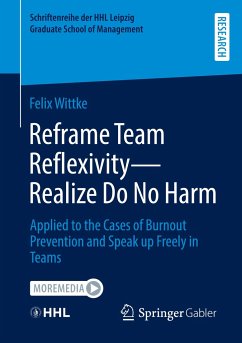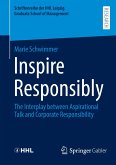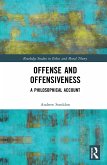Team reflexivity has gained increasing research attention as an effective response to the core challenge of constant learning, innovation, and adaptation in teams due to changing circumstances. Under the right conditions, empirical studies have found that team reflexivity can improve team performance, team learning, team innovation, team creativity, and team member well-being. Thus, research shows that team reflexivity is an effective means to improve teamwork and team outcomes. This book addresses the problem that team reflexivity research is focused too narrowly on improving these empirical team outcomes while neglecting the importance of normative principles and values in good teamwork, such as the do no harm principle. Therefore, this book proposes that the team reflexivity concept needs broader reframing and deeper reflection to realize normative principles and values in teams as a precondition for good teamwork, e.g., do no harm. It further presents two team reflexivity tools andapplies them in the cases of burnout prevention and speaking up freely in teams to illustrate the point of this book: Do no harm in teams requires team reflexivity, and vice versa, team reflexivity requires do no harm.








